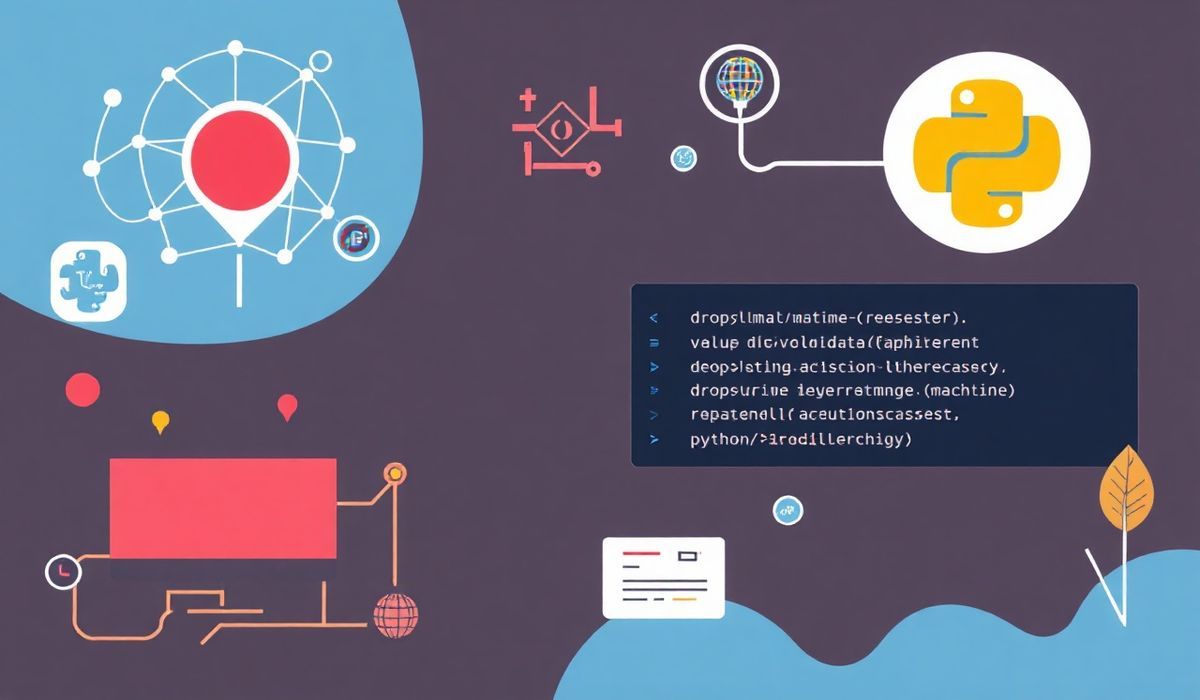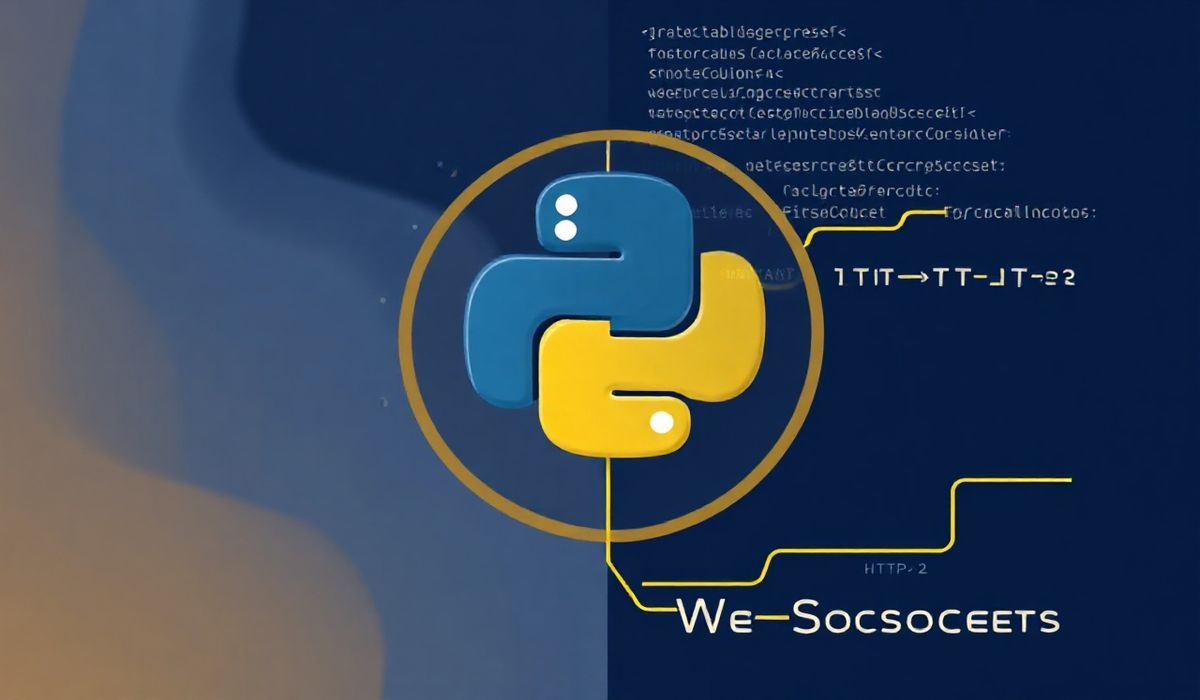Introduction to Typing-Extensions
The typing-extensions library is a powerful add-on for Python developers who want to enhance type checking and type hinting in their code. Offering back-ported features from Python’s typing module, it ensures compatibility across different Python versions while providing advanced type hinting capabilities.
In this guide, we will explore the utility of typing-extensions, its various APIs, and how to integrate them into a practical application. With improved static analysis and readability, this library is a must-have for any Python developer aiming for clean and robust code.
Why Typing-Extensions?
Python’s type hints, introduced in PEP 484, marked a huge leap forward for improving code readability and stability. However, the typing module evolves over time, and not all of its features are immediately available in earlier Python versions. typing-extensions bridges this gap and provides experimental or pre-release type hints before they are officially included in Python.
Dozens of Useful APIs in Typing-Extensions
1. Literal
The Literal type specifies that a function is expecting particular constant values.
from typing_extensions import Literal
def get_status(status: Literal["pending", "approved", "denied"]) -> str:
return f"Status is {status}"
print(get_status("approved")) # Valid
# print(get_status("unknown")) # Invalid
2. TypedDict
TypedDict allows you to define dictionaries with specific keys and value types.
from typing_extensions import TypedDict
class User(TypedDict):
id: int
name: str
email: str
user: User = {"id": 1, "name": "Alice", "email": "alice@example.com"}
3. Protocol
The Protocol is used to define structural subtyping (or “duck typing”).
from typing_extensions import Protocol
class Speakable(Protocol):
def speak(self) -> str:
...
class Dog:
def speak(self) -> str:
return "Woof!"
def introduce(entity: Speakable):
print(entity.speak())
dog = Dog()
introduce(dog) # Outputs: Woof!
4. Annotated
Annotated enables attaching metadata to a type.
from typing_extensions import Annotated
def process(value: Annotated[int, "must be positive and non-zero"]) -> int:
if value <= 0:
raise ValueError("Value must be positive and non-zero")
return value
print(process(42)) # Valid
5. Final
Final ensures that a variable or method cannot be overridden or reassigned.
from typing_extensions import Final PI: Final[float] = 3.14159 # PI = 3.14 # Error: Cannot reassign a Final variable
6. Self
Self, introduced in later versions of typing-extensions, is useful for type hinting methods that return an instance of their class.
from typing_extensions import Self
class Builder:
def set_property(self, value: str) -> Self:
self.property = value
return self
builder = Builder().set_property("example")
7. Concatenate
Concatenate is used for more advanced type specifications involving callables.
from typing_extensions import Concatenate, Callable, ParamSpec
P = ParamSpec("P")
def log_and_call(func: Callable[Concatenate[str, P], None]) -> Callable[P, None]:
def wrapper(*args: P.args, **kwargs: P.kwargs) -> None:
print("Calling with arguments:", *args, **kwargs)
return func("Log message", *args, **kwargs)
return wrapper
Practical Application
Now, let’s create an application that uses multiple features of typing-extensions. Imagine an e-commerce platform API:
from typing_extensions import TypedDict, Literal, Protocol, Annotated
class Product(TypedDict):
id: int
name: str
price: float
class Discountable(Protocol):
def apply_discount(self, discount_percentage: float) -> float:
...
class Item:
def __init__(self, product: Product):
self.product = product
def apply_discount(self, discount_percentage: float) -> float:
self.product["price"] -= self.product["price"] * (discount_percentage / 100)
return self.product["price"]
def process_payment(amount: Annotated[float, "Must be greater than zero"]) -> Literal["success", "failure"]:
if amount > 0:
return "success"
return "failure"
item = Item({"id": 1, "name": "Laptop", "price": 1000.0})
print(item.apply_discount(10)) # Outputs: 900.0
print(process_payment(900.0)) # Outputs: success
Wrapping Up
The typing-extensions module fills a critical gap for Python developers by enabling advanced type hinting functionalities. With features like Literal, TypedDict, and Protocol, you can write cleaner, safer, and more maintainable Python code. Whether you're building a small tool or a massive application, leveraging typing-extensions can significantly improve development productivity and code quality.




